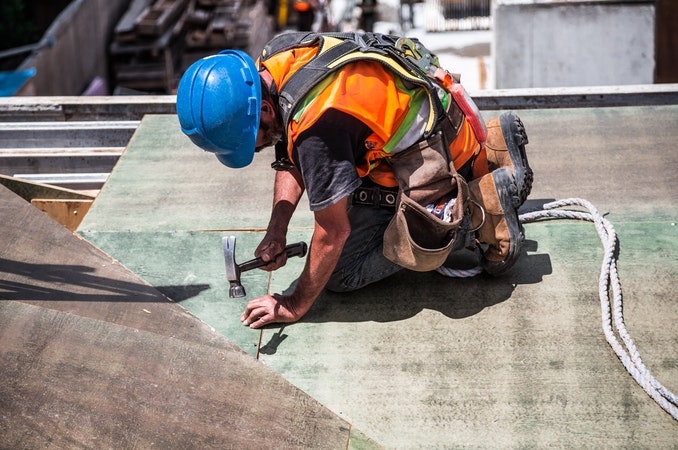Concrete is one of the few building materials with various uses throughout construction. It is a common material on residential, commercial, and public construction sites, used for anything from flooring to constructing a building’s framework. Walls, architectural pavement structures, parking structures, etc., are unique applications for concrete in buildings. Here are a few advantages of using concrete while building a home.
Concrete is highly cost-effective.
Cost-effectiveness is one of the reasons many people opt for concrete Wollongong. It is one of the most cost-effective solutions available regarding raw materials. This not only helps you stay inside your construction budget, but it also shows that you’re employing an environmentally responsible product. You’ll spend less money on a strong and long-lasting building material because it requires less energy to produce and is simpler to obtain.
It is simple to shape concrete.
One of the oldest tricks in the book is the ability to mold concrete. Thanks to current tools, expressing your creativity with the forms you can make is simpler than ever. The fact that you are not restricted to using ready-made concrete molds can help you finish your project faster and cheaper. There are countless benefits to casting concrete forms.
Concrete can dry in a variety of climatic conditions.
This is a big advantage for building sites with erratic weather. With concrete, you don’t have to be concerned about humidity, low or high temperatures significantly slowing down the concrete’s drying time. In most conditions, you can finish a pour and let it dry in just a few days.
Superior water resistance
Concrete doesn’t readily absorb moisture like other building materials, which encourages the growth of mold and mildew. You will have a nearly impenetrable, watertight barrier after the concrete dries because it rarely absorbs water. It is an excellent choice for foundation material because of its moisture resilience.
It can withstand high temperatures.
Concrete can withstand high temperatures and has a very high melting point. This makes it perfect for usage in locations with an increased risk of flames or extreme heat. Concrete is a common material for patios and backyards since it can be used to make grills and fire pits. Most other building and construction materials will react poorly to high temperatures.
Very little to no maintenance is needed.
Once constructed, a concrete structure requires very minimal upkeep. Concrete is resistant to mold, mildew, and most other forms of deterioration, unlike other building materials, which could need painting or staining every few years. Additionally, it resists fire, which lowers maintenance costs once a structure is built. Upkeep may be necessary over the first few years to guarantee that your concrete product is adequately shielded from weathering.
Lesser energy need during production
Finally, cement production uses a minimal amount of energy. Concrete is simple to make and energy-efficient from start to finish, unlike steel and wood products, which can require significant energy over extended periods. This is one of the fundamental causes for its appeal.

